Manganese
Needed in the work of the enzymes
Sources:
Wheatgerm, liver, kidney, green leafy vegetables, red meat, tea, whole grains, legumes, seeds, nuts, chocolate
Especially Needed By:
Pregnant women, or women undergoing the menopause.
Phosphorus
Needed for the teeth and bones, and release of energy.
Sources:
Meats, fish poultry, eggs, dairy products, and grains, fruit and vegetables.
Especially Needed By:
Those under stress
Potassium
Needed for heart, muscles and maintenance of normal blood glucose levels.
Sources:
Lean meat, pulses, wheat germ, whole grains, potatoes, bananas, nuts, orange juice, avocados, apricots.
Especially Needed By:
Those under stress.
Selenium
Needed to work with the detoxifier glutathione as a co-factor and antioxidant.
Sources
Liver, kidney, meat, seafood, dairy products, whole grains, pineapples
Especially Needed By:
Zinc
Needed for bones and enzymes
Sources:
Oysters, herring, milk, meat, egg yolks, corn, beets, peas, almonds, pulses.






